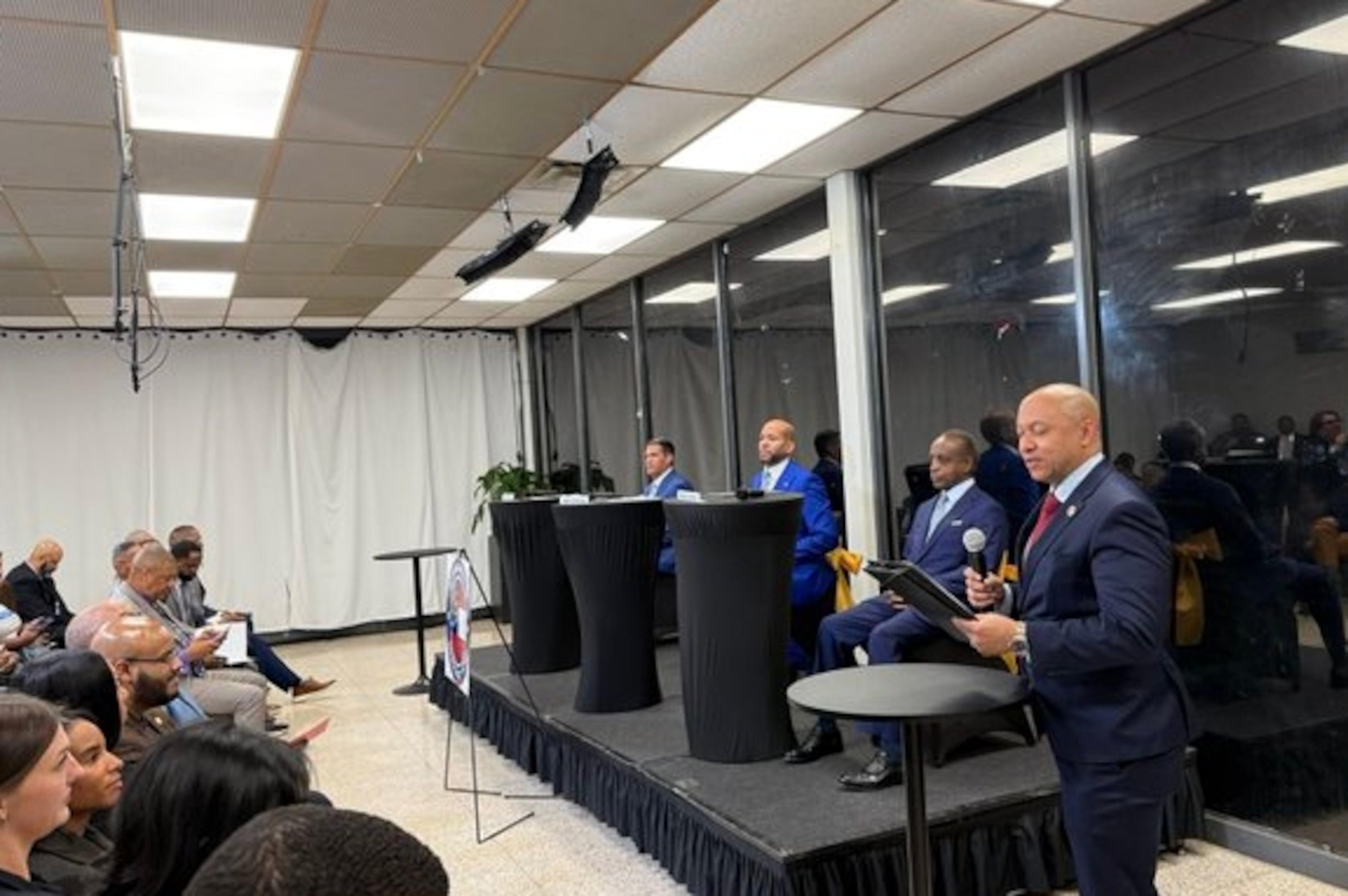Readers write

Trump and supporters not held accountable for Jan. 6
In Georgia, there are two tiers of justice. Fake electors sign their names and submit documents asserting that the candidate with fewer votes is the winner. Rep. Barry Loudermilk’s suggesting that holding people accountable would make sense if he were talking about these fake electors instead of members of the January 6 House Select Committee, which showed the American people what a conspiracy to overturn an election looks like.
Two judges concede that though suspicion of conflict of interest is not enough and that the defense failed to show a conflict of interest, the district attorney’s office must be disqualified anyway.
Absent a volunteer to take the case, it gets referred to the purgatory of the state prosecutor’s office. There really are two tiers of justice: the president-elect and his supporters, and everybody else.
A.M. CERRA, MARIETTA
Changes needed to slow traffic in school zones
Regarding the Dec. 22 article about traffic cameras, “With traffic cameras multiplying, drivers must shape up or pay up”:
For school-zone cameras, some drivers assume the cameras are active only when the warning lights are flashing. But the automated school-zone cameras are active all day.
If officials are serious about slowing traffic down in school zones, then there is a simple change that could accomplish this: Make the special school-zone speed limit of 25 mph last all day or change the school-zone camera signs so that they are attached to the regular daytime speed limit sign and add a notice that the cameras are active all day.
These changes would get all but the most inattentive drivers to slow down, which the school-zone cameras are meant to accomplish.
EARL DABNEY, JONESBORO
A legacy of stewardship
Former President Jimmy Carter died Dec. 29 at the age of 100, leaving behind a legacy of humanitarian efforts, environmental stewardship and climate advocacy. His commitment to the community and environment was evident throughout his presidency and beyond.
Carter pioneered renewable energy, famously installing solar panels on the White House roof in 1979. His administration established the Department of Energy and implemented the first fuel-efficiency standards for automobiles. Carter also played a crucial role in preserving millions of acres of land, particularly in Alaska, through the Alaska National Interest Lands Conservation Act. His efforts laid the groundwork for today’s climate action, emphasizing energy conservation and the importance of renewable energy sources.
Carter’s vision and dedication to environmental protection continue to inspire and guide efforts to combat climate change, making him a true environmental champion. His legacy is a reminder of the power of leadership in addressing global challenges and the importance of continuing his work to protect our planet for future generations.
ERICA BIBBEY, MARIETTA

